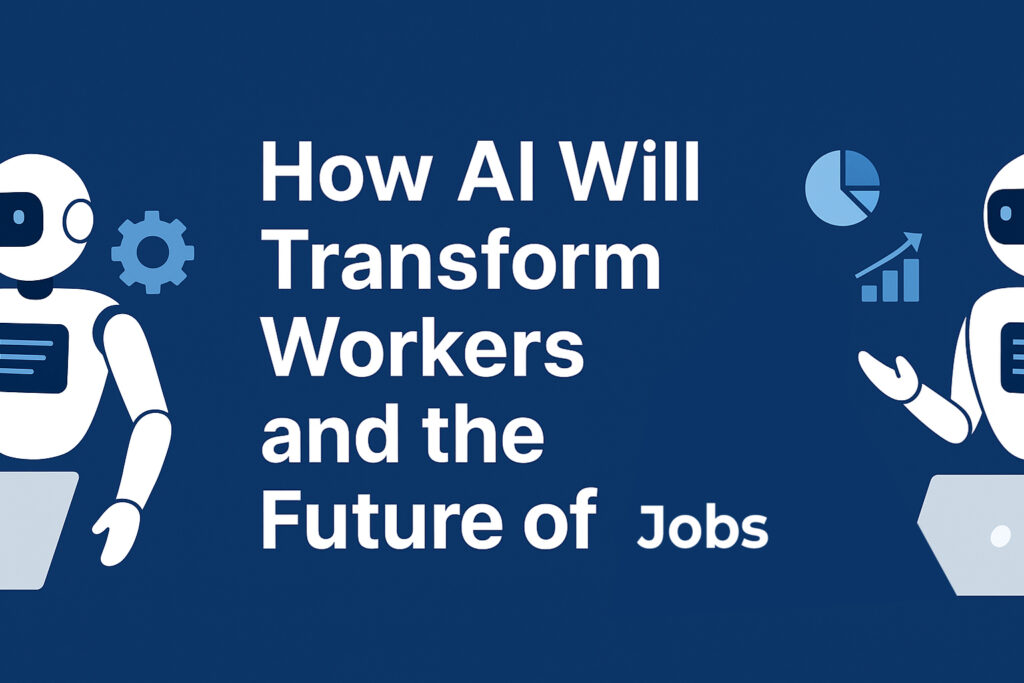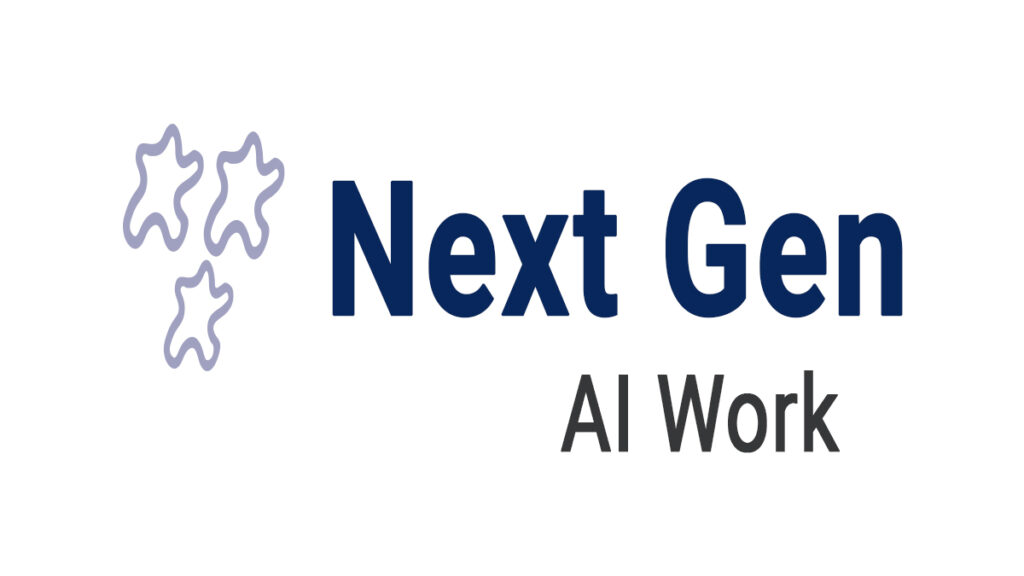How Will AI Transform Workers in Different Fields?

Introduction
Artificial Intelligence (AI) is no longer a futuristic dream—it is already here, reshaping industries and transforming the way we work. From healthcare and finance to education and logistics, AI is influencing how tasks are performed, boosting efficiency, and creating new opportunities. Many workers are asking: Will AI replace jobs or create new ones? The truth lies in understanding how AI is being applied across different fields.
In this article, we will explore how AI transform workers, the future of work, and how AI and jobs are connected. We will also examine the benefits of AI productivity and the growing role of automation in the workplace.
AI Transform Workers: Changing Job Roles
AI is not simply replacing humans—it is transforming their roles. In manufacturing, for example, robots powered by AI handle repetitive assembly-line tasks, while humans supervise, manage, and maintain these systems. In healthcare, AI analyzes patient data, helping doctors make faster and more accurate diagnoses.
This shift means workers are moving away from routine tasks and focusing more on decision-making, creativity, and human-centered roles. AI is essentially becoming a partner rather than just a replacement.
Future of Work: A Blend of Humans and Machines
The future of work will be a collaboration between humans and AI systems. Experts predict that by 2030, most industries will adopt AI-driven solutions to improve efficiency. Instead of eliminating jobs, AI will change job descriptions.
For instance, teachers will use AI-powered tools to personalize student learning, while financial analysts will rely on AI for faster and more precise market predictions. Workers who adapt and learn new skills will thrive in this AI-driven future.
AI and Jobs: Threat or Opportunity?
The biggest debate is whether AI and jobs can coexist. While automation may reduce certain low-skill positions, AI is also creating new opportunities in areas like data science, cybersecurity, AI system training, and ethical AI oversight.
History shows that technology shifts always bring changes to the job market. Just as the industrial revolution created new industries, AI is doing the same today. Workers who upgrade their digital and analytical skills will find more opportunities than risks.
AI Productivity: Boosting Efficiency Across Industries
AI is a powerful engine of productivity. It can analyze large amounts of data in seconds, automate customer service through chatbots, and predict consumer behavior with remarkable accuracy.
For businesses, this means faster decision-making, reduced costs, and improved output. For workers, AI reduces repetitive workloads, giving them more time to focus on critical thinking and innovation. Higher AI productivity benefits both organizations and employees, leading to growth and innovation.
Automation in Workplace: The New Normal
Automation in the workplace is already becoming the norm. Smart systems handle scheduling, inventory tracking, fraud detection, and even HR recruitment. AI-driven software screens job applications faster than any human recruiter could.
This automation does not mean workers are obsolete. Instead, it shifts their responsibilities toward roles that require empathy, creativity, leadership, and strategy—qualities machines cannot fully replicate. The key is adaptability. Workers must embrace AI tools to stay competitive.

Conclusion
AI is not here to take over but to transform workers, redefine the future of work, and boost productivity across industries. Jobs will evolve, automation will expand, and human creativity will remain at the core of every profession. Those who adapt will not only survive but thrive in the AI era.
FAQs (WH Questions)
1. How will AI transform workers in different industries?
AI will automate repetitive tasks, assist in decision-making, and allow workers to focus on creative and strategic roles.
2. What does the future of work look like with AI?
The future will be a blend of human skills and AI tools, where workers use technology to enhance productivity and efficiency.
3. Will AI replace human jobs completely?
No, AI will replace some tasks but also create new roles in technology, data science, and AI management.
4. How can AI improve productivity in the workplace?
AI reduces repetitive work, speeds up data analysis, and automates processes, allowing workers to focus on innovation.
5. What are the benefits of automation in the workplace?
Automation saves time, reduces errors, improves efficiency, and enables workers to handle more complex tasks.
6. Which jobs are safe in the age of AI?
Jobs that require empathy, leadership, creativity, and complex problem-solving will remain in high demand.
7. How can workers prepare for AI-driven changes?
By learning digital skills, embracing lifelong learning, and adapting to new technologies, workers can stay relevant.